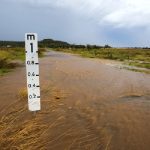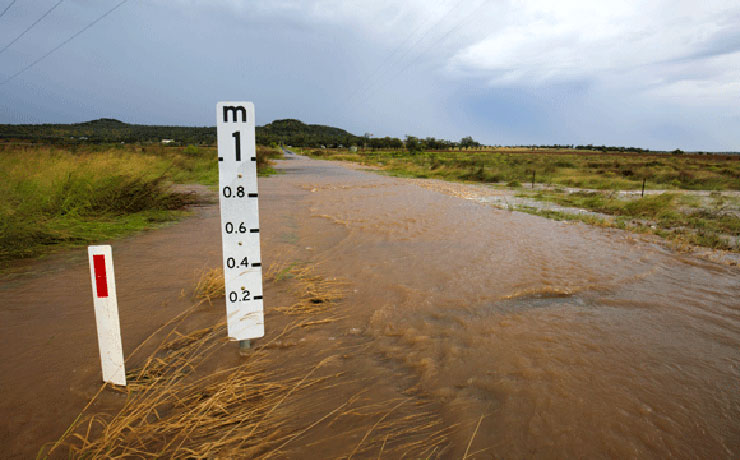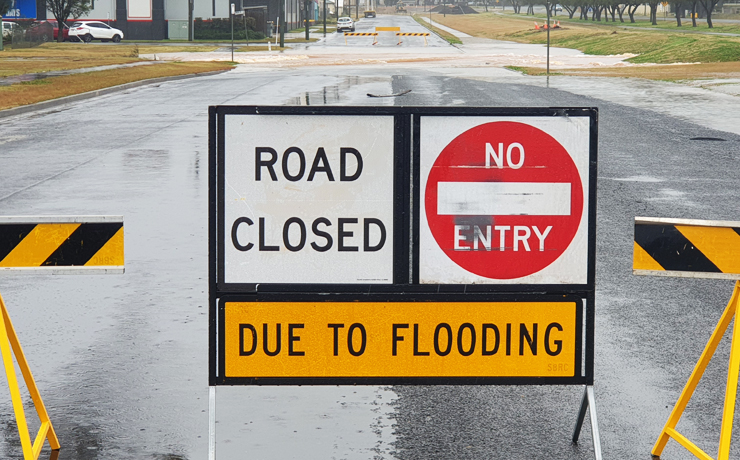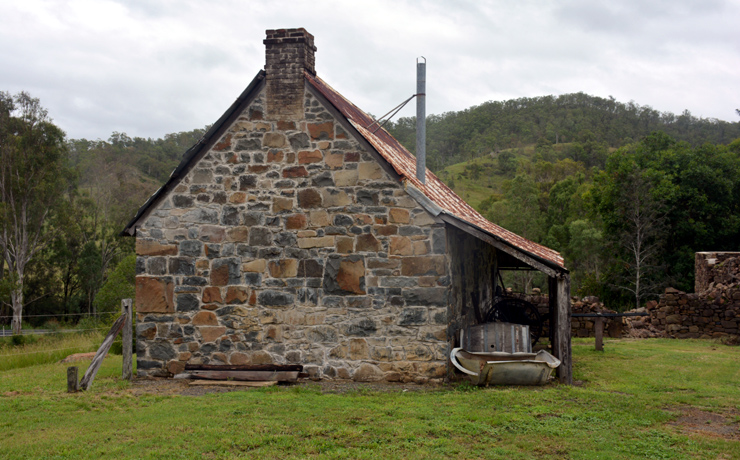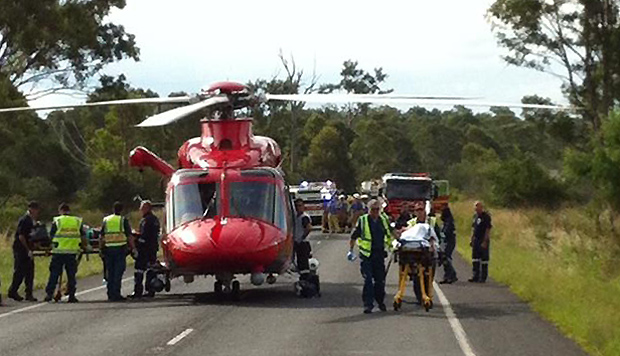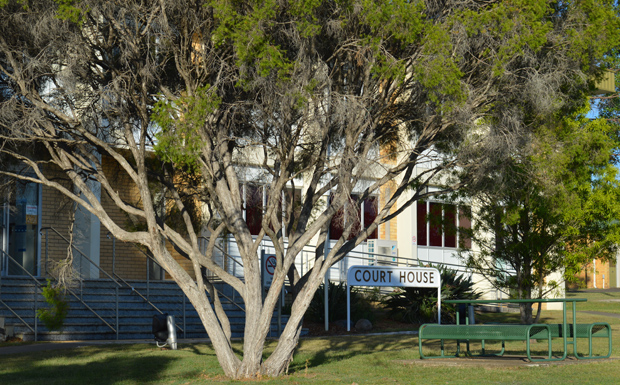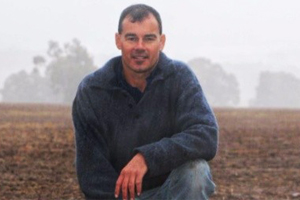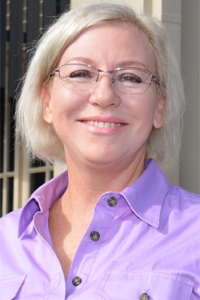
June 15, 2016
Fears that the management of Bovine Johne’s Disease will be left solely to individual producers – and Queensland’s “protected zone” status will be abolished – were confirmed on Wednesday by Agriculture Minister Leanne Donaldson.
“As of July 1, 2016, the Queensland Government will no longer regulate livestock entry into Queensland or quarantine properties infected with Johne’s disease,” Ms Donaldson said.
“The change is in step with the national review of Johne’s disease management and aligns Queensland with the approach in other States and Territories.
“It also responds to continued calls from Queensland producers for more flexibility.
“We are adopting a market-driven, industry-managed and risk-based approach, giving power to producers to make on-farm biosecurity decisions.”
Minister Donaldson said the State Government was committed to grow Queensland’s livestock industries.
“To do that we need to adapt to changing market conditions,” she said.
“It is a sensible, prudent change to help our producers and has broad industry support because it will provide greater flexibility for producers looking to expand their businesses.
“Queensland will continue to maintain a low prevalence of Johne’s disease through this new risk-based approach.”
Queensland’s cattle industry has been divided over the BJD issue, with producers whose properties were quarantined during the last BJD outbreak calling for the restrictions to be abolished.
However, the Queensland Dairyfarmers Organisation was keen for the “protected’ status to remain.
At the peak of the 2012 outbreak in Queensland, more than 170 properties were under quarantine, costing cattle producers hundreds of thousands of dollars.
The State Government also lost a key court case when a judge ruled that movement restrictions placed on two of these properties were invalid.
Queensland’s Chief Veterinary Officer Allison Crook said on Wednesday that most producers would not have to change the way they manage BJD and operate their business.
“Johne’s disease will remain a notifiable disease and producers must contact Biosecurity Queensland if they suspect Johne’s disease on their property,” said Dr Crook.
“As Johne’s disease is mostly spread through the movement of livestock, producers will need to ensure they are fully aware of the health status of the animals they purchase.
“High risk animals from southern States where Johne’s disease is more common should only be purchased with a comprehensive written health statement detailing the animal’s health.
“Guidelines for safely purchasing livestock and making Johne’s disease risk-based decisions are available at www.biosecurity.qld.gov.au
“A surveillance program will be run by Biosecurity Queensland to monitor compliance with the new framework and the steps producers are taking to meet their general biosecurity obligation relating to Johne’s disease.”
The Federal Government is currently investigating a case where dairy heifers cleared of BJD in Victoria tested positive on arrival in Japan, provoking a temporary ban by that country on live cattle imports from Australia.
Related articles:
- Japan Ban Highlights BJD ‘Risk’
- Japan Suspends Live Cattle Imports
- AHA Presses On With BJD Overhaul
- Minister Labels BJD Fears ‘ Scaremongering’
- MP Calls For Vote On BJD
- BJD ‘Protected Zone’ To End
- MP Warns Against ‘Southern Push’ On BJD
- QDO Alarmed By BJD Proposals
- Input Sought On BJD Framework
- May Deadline For BJD Comment
- New BJD Property Identified
- $3m More In BJD Aid
- Beef Forum Backs BJD Campaign
- BJD Support Available For Graziers
- Feedback Sought On Cattle Levy
- Rally Behind Graziers: MP
- Sixty Properties Still Face BJD Bans
- Good And Bad News On BJD
- BJD Meeting In Gympie
- Agforce Welcomes New Biosecurity Fund
- BJD Band-Aid No Solution: Katter
- Voluntary Cattle Levy To Support New Industry Fund
- Two More Animals With BJD
- Ex-Chief Vet In BJD Role
- ‘Protected’ Status Key For BJD
- 150 Properties On BJD Watch List
- BJD Updates Available Online
- BJD Scare Locks Down Cattle
- MP Urges Graziers To Watch For BJD








